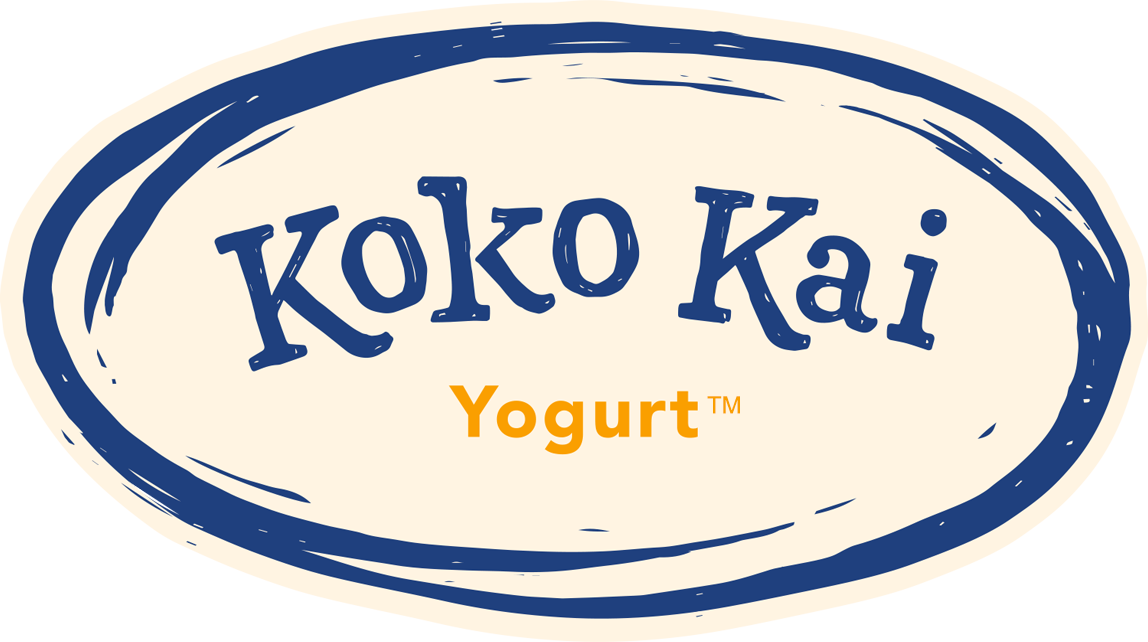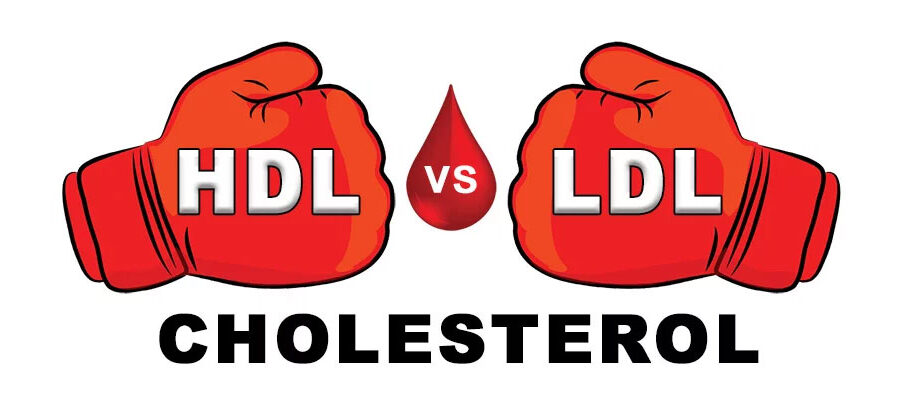Welcome to the another installment of our Koko Kai health blog. I want to get around to discussing how fermented
foods can improve cognition. It’s amazing that how you eat influences the way you think. In
the mainstream medical literature this very week I read multiple studies where patients with
cognitive impairment had their diets enriched with prebiotics and probiotics, and they
performed better on cognitive testing! Mom was right, you really are what you eat.
First, though, some definitions. “Prebiotic” is defined as a non-digestible food ingredient that
stimulates growth of beneficial bacteria in the colon, improving the eater’s health. The human
gastrointestinal tract; the stomach, small intestine, and large intestine, are full of micro-
organisms. Some of the beneficial types of micro-organisms are Bifidobacter and Lactobacillus
species. These microorganisms are the probiotics, a word which means “for life” in Greek. To
feed these microorganisms, you eat non-digestible carbohydrates, known as “prebiotics”.
Good examples of prebiotics include whole grains, bananas, greens, onions, soybeans, apples.
The prebiotics feed the beneficial gut bacteria, the “probiotics” , and the gut bacteria can
suppress pathogens. So,the bad guys that cause health problems can be inactivated by a diet
full of prebiotics, ie fiber, which feed the beneficial gut bacteria, the “probiotics”.
Probiotics, the healthy bacteria, have been used for centuries in food production. Some
examples of probiotic-containing foods are: apple cider vinegar, kombucha, miso, kefir, pickled
cucumbers, tempeh, sauerkraut, kimchee, and sourdough bread. Because of pasteurization,
milk and yogurt purchased in most grocery stores do not contain active probiotics. Koko Kai
yogurt has been carefully fermented to maintain active beneficial bacteria cultures.
Why would you need a probiotic-containing food? Symptoms that suggest that beneficial
bacteria are needed include: bloating, skin breakouts, gassy GI tract, diarrhea, vaginal
infections, frequently getting sick, and sugar cravings.
This has only been addressed in mainstream medicine recently. Nutrition was only briefly
touched on in medical school when I went through. Diet was, amazingly, considered not
important . How far we have come.
A brief review of the studies I read about the connection between prebiotic and probiotic
supplementation and cognition goes as follows. In healthy older (> 65) adults, a probiotic
supplement containing Bifidobacter species, one like in Koko Kai yogurt, caused a marked
reduction in inflammation at the end of 12 weeks and improved mental testing in the categories
of flexibility and stress reduction. Another study in healthy adults given probiotic-containing
yogurt, like Koko Kai brand, for a period of only 3 weeks, showed improved mood on mental
state testing. In Parkinson’s disease patients given 12 weeks of daily probiotics, mood was
also considerably improved. In Mild Cognitive Impairment, a subgroup of pre-Alzheimer’s
disease patients, daily probiotics for 12 weeks markedly improved cognitive testing results. For
patients with actual Alzheimer’s disease, probiotic supplementation gave only a modest
cognitive testing improvement.
So, the take-home message is, eat your prebiotics and probiotics now, while you are
cognitively normal. It will improve your stress level and mental flexibility and lower your gut
inflammation.
Dr Eloise Bradham


